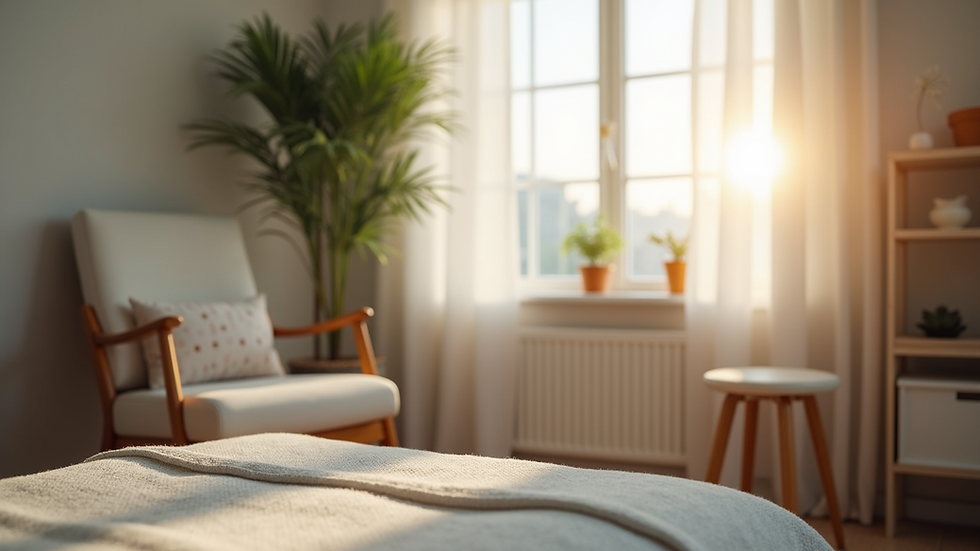ADHD and SLEEP
- topdocsinterviews
- Oct 7, 2024
- 2 min read
What are the effects ADHD has on sleep and ways to combat sleep issues associated with ADHD
Attention Deficit Hyperactivity Disorder (ADHD) is a neurodevelopmental disorder that affects millions of people worldwide. It is characterized by symptoms such as impulsivity, hyperactivity, and inattention, which can make it difficult to manage daily tasks and activities. One of the lesser-known ways that ADHD can affect individuals is by disrupting their sleep. In this blog post, we will explore how ADHD can affect your sleep and provide some tips to help get a good night's rest.
How ADHD Affects Sleep ADHD can affect sleep in several ways. Individuals with ADHD may have difficulty falling asleep, staying asleep, or waking up in the morning. This can be due to several factors, such as racing thoughts, restlessness, or hyperactivity. Additionally, the medication used to treat ADHD can also affect sleep patterns, particularly if taken late in the day.
Tips for Getting Good Sleep with ADHD
Develop a bedtime routine: Establishing a consistent sleep routine can help your body prepare for sleep. Try to go to bed and wake up at the same time every day, even on weekends.
Create a sleep-conducive environment: Your bedroom should be dark, quiet, and cool to promote good sleep. Consider investing in a comfortable mattress and pillows, and limit screen time before bed.
Exercise regularly: Exercise can help reduce hyperactivity and restlessness, making it easier to fall asleep at night. However, try to avoid vigorous exercise close to bedtime, as this can have the opposite effect.
Limit caffeine and sugar intake: Caffeine and sugar can interfere with sleep, so it's best to avoid consuming them close to bedtime.
Practice relaxation techniques: Relaxation techniques such as deep breathing, meditation, and yoga can help calm your mind and body before bedtime.
Talk to your doctor: If you are taking medication for ADHD, speak with your doctor about the best time of day to take it to minimize the impact on your sleep.
Consider cognitive behavioral therapy: Cognitive behavioral therapy (CBT) can help address some of the underlying issues that contribute to poor sleep in individuals with ADHD. CBT can teach you coping strategies to manage racing thoughts, restlessness, and other ADHD symptoms that interfere with sleep.
In conclusion, ADHD can affect sleep patterns and make it difficult to get a good night's rest. However, by establishing a consistent sleep routine, creating a sleep-conducive environment, exercising regularly, limiting caffeine and sugar intake, practicing relaxation techniques, talking to your doctor, and considering cognitive behavioral therapy, individuals with ADHD can improve their sleep and enhance their overall quality of life.




Comments